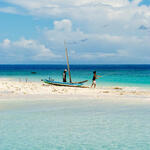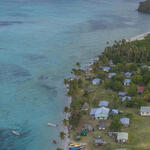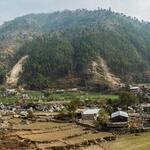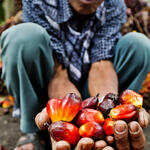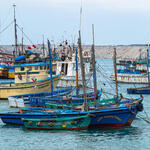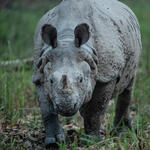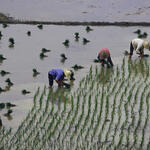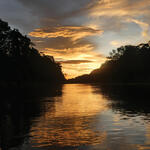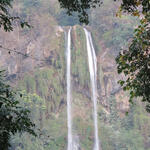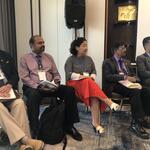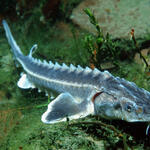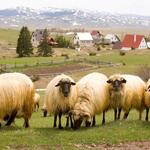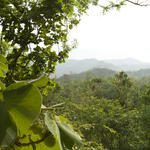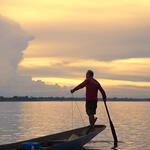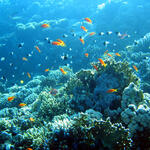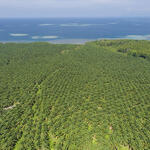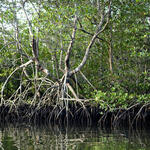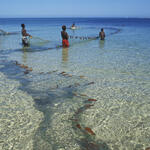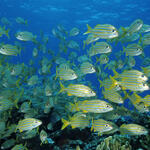The Coastal Fisheries Initiative (CFI) convenes this week for a brainstorming session aimed at accelerating environmental, social, and economic sustainability in coastal fisheries as communities around the globe strive to face-off the strains of the COVID-19 pandemic.
The central themes of the event include fisheries governance and improvements of value chains, which are reeling from the global health emergency that has hit the fisheries industry hard, sparking major disruptions in supply and demand.
Long-standing business plans for sustainable fisheries and the promotion of cross-sector investment opportunities are at the helm of the week-long talks between partners advocating for the world’s coastal communities, including Indonesia.
“The CFI is in its early stages in Indonesia and our target is to increase the economic and social value of the sector while empowering those groups reliant on coastal fisheries to safeguard their own lives and livelihoods by employing productive management methodologies,” said World Wide Fund for Nature’s (WWF) Senior Program Officer Heike Lingertat.
Indonesia is the world’s second largest fisheries producer after China, generating millions of dollars in annual exports. Yet those benefits come at tremendous risk from factors such as unsustainable fishing methods, she added: “Indonesia has embraced an Ecosystem Approach to Fisheries Management (EAFM), but significant resources are still needed to develop the tools that will ensure the sustainability of the country’s fishing and marine resources.”
Indonesia is one of the countries covered by the CFI’s Challenge Fund, which operates in Cabo Verde, Ecuador and Peru as well, and aims to engage businesses and the financing community in making coastal fisheries more sustainable and productive.
Led by the World Bank, the Challenge Fund is working to make the connection between business and fishing communities, as well as government and investors. When the interests of all those parties are aligned, they have the power to improve coastal fish resources, to enhance the wellbeing of communities and boost local and national economies.
Read full article
